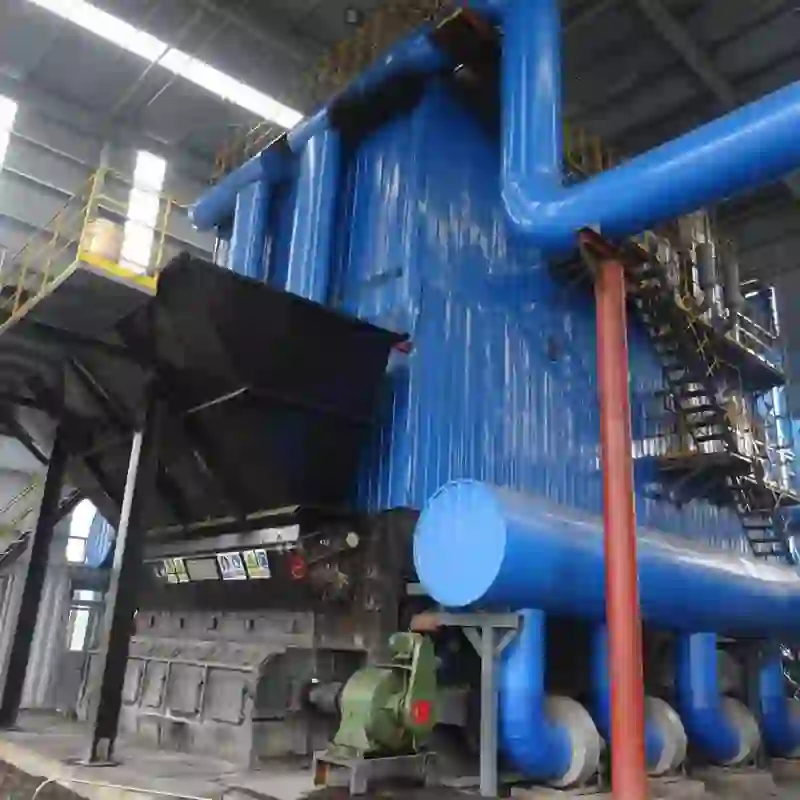
Nov . 09, 2024 00:52 Back to list
Understanding Biomass Heating and Its Benefits for Sustainable Energy Solutions
Understanding Biomass Heating A Sustainable Energy Solution
In the quest for sustainable energy sources, biomass heating has emerged as a promising alternative to traditional fossil fuels. Biomass, which refers to organic materials such as wood, agricultural residues, and other biological matter, can be converted into heat energy through various combustion processes. As concerns regarding climate change and energy security continue to grow, understanding biomass heating's potential and benefits becomes increasingly important.
What is Biomass Heating?
Biomass heating involves the use of biological materials to generate heat for residential, commercial, and industrial applications. This process typically entails burning biomass in a controlled environment, such as a furnace, boiler, or stove. The heat produced can be utilized for space heating, hot water production, or even electricity generation through combined heat and power (CHP) systems.
Biomass materials can include wood pellets, logs, chips, and agricultural byproducts like straw or corn stalks. These resources can be sourced locally, which not only promotes energy independence but also supports local economies.
Environmental Benefits
One of the most significant advantages of biomass heating is its potential to reduce greenhouse gas emissions. When managed sustainably, biomass is considered carbon neutral. This is because the carbon dioxide (CO2) emitted during combustion is roughly equal to the amount absorbed by the plants during their growth phase. Unlike fossil fuels, which release CO2 that has been stored underground for millions of years, biomass offers a closed carbon cycle that can help mitigate climate change.
Additionally, biomass heating systems generate significantly fewer air pollutants compared to traditional heating methods. Modern biomass boilers are equipped with advanced technologies that reduce particulate matter and other harmful emissions, making them a cleaner energy option.
Economic Advantages
what is biomass heating

Biomass heating can also provide substantial economic benefits. By utilizing locally sourced materials, communities can reduce their reliance on imported fossil fuels, thereby retaining energy spending within the local economy. Furthermore, the biomass industry can create jobs in areas such as forestry, agriculture, and fuel production. Investing in biomass heating infrastructure can stimulate economic growth, enhance energy security, and promote rural development.
In many regions, biomass heating systems can offer cost savings over time. While the initial investment in a biomass boiler may be higher than that of traditional heating systems, the price of biomass fuels is often more stable and generally less expensive than fossil fuels. Homeowners and businesses may also benefit from government incentives and grants aimed at promoting renewable energy sources.
Technology and Innovation
The technology surrounding biomass heating has evolved significantly over the years. Modern systems are more efficient, user-friendly, and environmentally friendly compared to their earlier counterparts. Advances in combustion technology have improved the efficiency of biomass boilers, allowing for more effective heat production with less fuel.
Furthermore, the development of biomass fuel pellets has standardized fuel quality, leading to improved combustion efficiency and reduced emissions. These advancements have made biomass heating systems a viable option for a broader audience, from single-home installations to large-scale district heating networks.
Considerations for Biomass Heating
While biomass heating offers numerous benefits, there are also important considerations to note. The sustainability of biomass sourcing is paramount; responsible management of forests and agricultural practices is essential to ensure that biomass is harvested in a way that does not harm the environment. Moreover, local availability of biomass resources can vary, making it crucial for regions to assess their capacity for sustainable biomass production.
In conclusion, biomass heating represents a sustainable and environmentally friendly solution to meet energy demands. By harnessing the power of organic materials, communities can reduce their carbon footprint, support local economies, and contribute to energy independence. As technology continues to advance and awareness of climate issues grows, biomass heating can play a vital role in the transition towards a more sustainable energy future.
-
High-Efficiency Commercial Oil Fired Steam Boiler for Industry
NewsJul.30,2025
-
High-Efficiency Biomass Fired Thermal Oil Boiler Solutions
NewsJul.30,2025
-
High Efficiency Gas Fired Thermal Oil Boiler for Industrial Heating
NewsJul.29,2025
-
High-Efficiency Gas Fired Hot Water Boiler for Sale – Reliable & Affordable
NewsJul.29,2025
-
High Efficiency Biomass Fired Hot Water Boiler for Industrial and Commercial Use
NewsJul.29,2025
-
High-Efficiency Biomass Fired Hot Water Boiler for Industrial Use
NewsJul.28,2025
Related PRODUCTS






















